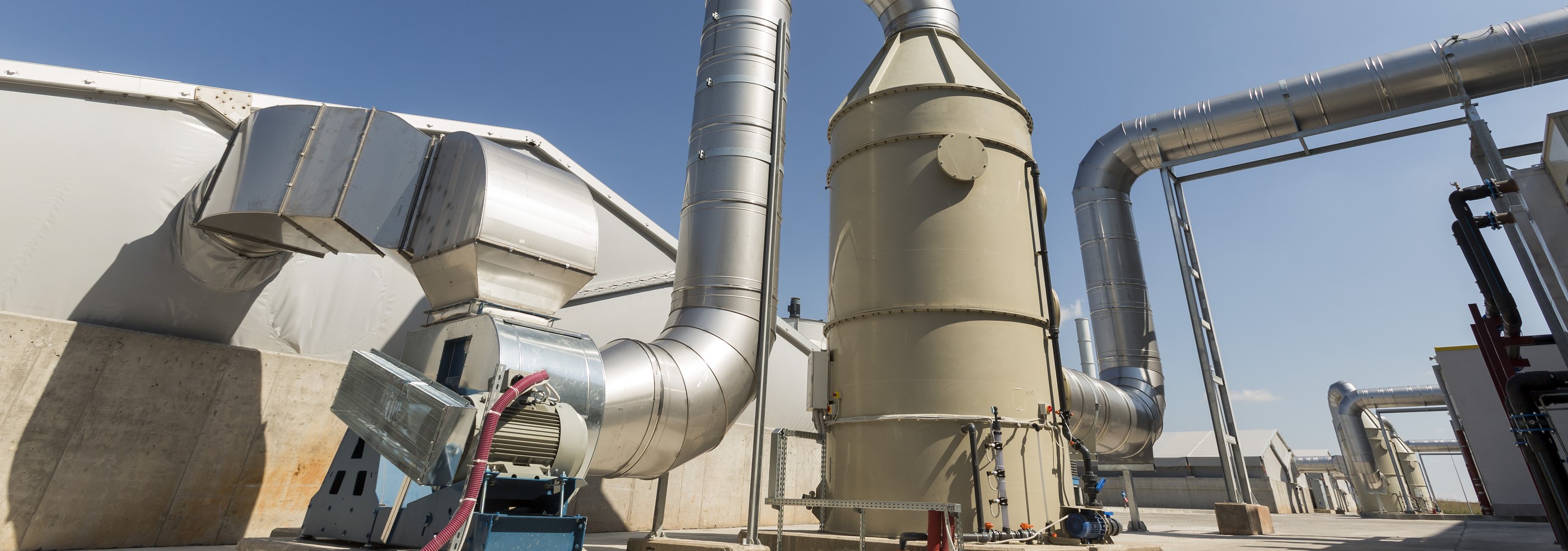A major chicken processing company was convicted and fined $60,000 and ordered to pay $3895 in costs for inadequate guarding that led to a worker severely injuring her arm. The company pleaded guilty to one charge of breaching the OHS Act 2004 by failing to provide and maintain plant that was safe and without risks to health.
The court heard that on 1 July 2014, a worker was injured when her hand became trapped in a gizzard processor at the company’s facility in Thomastown. The gizzard processor consisted of a chute which pushed chicken waste onto an attached plate for sorting. The worker placed her hand into the chute to remove a chicken giblet and became entangled in the internal rotating mechanism.
She had not been shown how to shut off the processor but her screams alerted a colleague who shut it down. The worker suffered complicated fractures to her right arm as well as skin and finger damage. A WorkSafe investigation revealed that the processor was not adequately guarded, which allowed the worker to access the rotating parts. A sticker above the machine which warned against entanglement was damaged and not legible.
After the incident, the company installed a mesh guard that extended the chute distance to prevent an operator accessing the giblet rollers. The cost of the new guarding was less than $400. Executive Director of Health and Safety, Marnie Williams, said inadequate guarding of plant and equipment was a major cause of workplace injuries.
“Time and time again, WorkSafe inspectors are called to incidents in which workers have died or suffered serious injuries because guarding was either not up to appropriate safety standards, had been removed or was non-existent,” Ms Williams said. “Employers who maintain or own machinery and equipment have got to make sure that all moving parts that can have contact with any part of the body have approved physical barriers or guards fitted.
“Just as importantly, all staff, especially inexperienced workers, need to be trained and carefully supervised in the safe use of machinery and equipment.” Ms Williams said appropriate guarding was the only option.
Source: Worksafe Victoria


